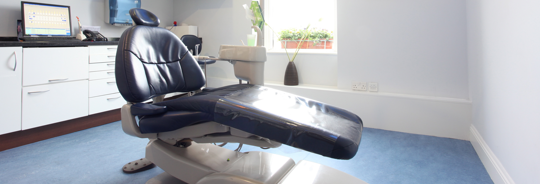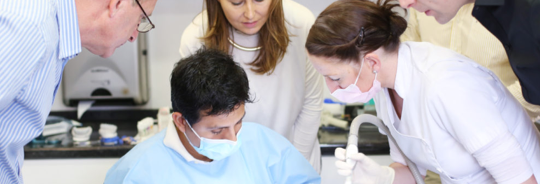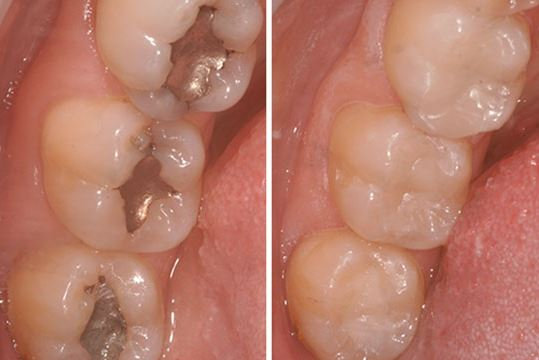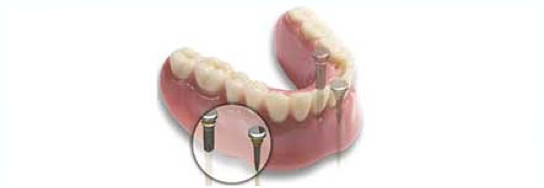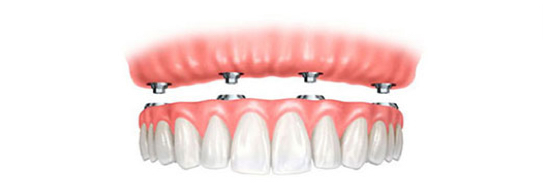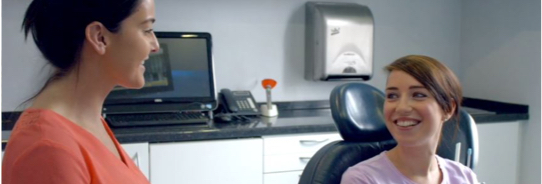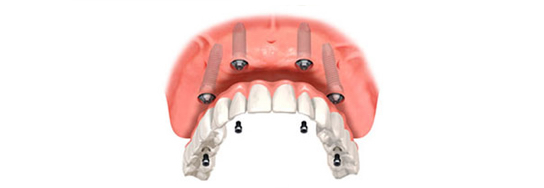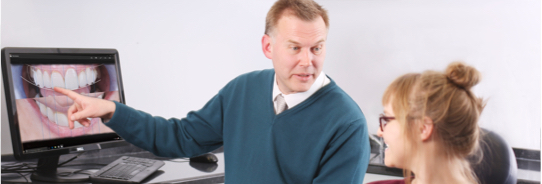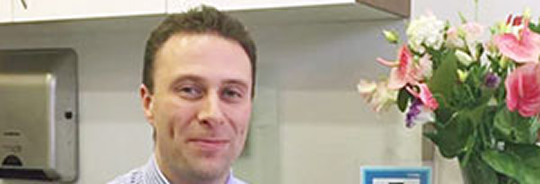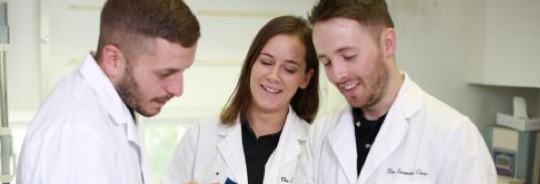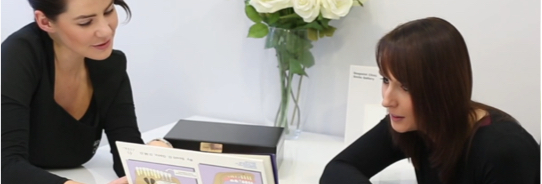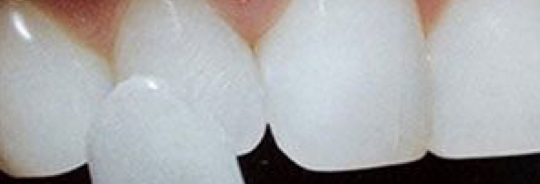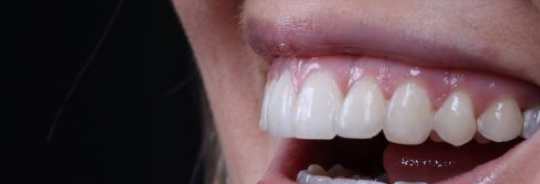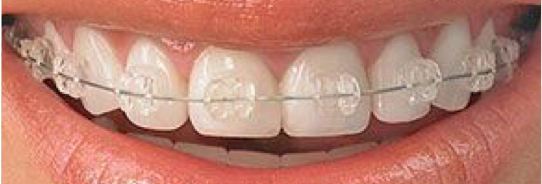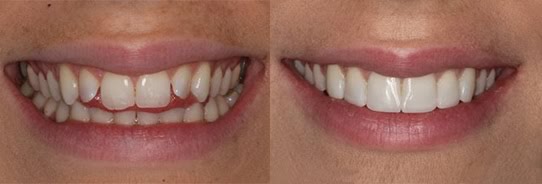
Blog
We post all the latest information here regularly so it's always up to date for you. If there is a topic you would like to have us cover please ask.
10 July 2023
Revolutionary Tooth Regrowth Medicine
.jpg)
In a groundbreaking development, a Japanese research team is making remarkable progress in the development of a medication that may enable the regrowth of new teeth. This innovative tooth regrowth medicine aims to benefit individuals who lack a full set of adult teeth due to congenital factors. With clinical trials set to commence in July 2024, the team aspires to make the medication available for general use by 2030. This blog post delves into the potential implications of this tooth regrowth breakthrough, shedding light on the research process and its promising outcomes.
- The Struggle of Anodontia and Oligodontia
Anodontia and oligodontia are congenital conditions that result in the underdevelopment of a complete set of teeth, affecting approximately 1% of the population. These conditions, also known as tooth agenesis, can be caused by genetic factors. Patients with anodontia or oligodontia face challenges in basic functions like chewing, swallowing, and speaking from an early age, adversely impacting their overall development. - The Journey of Lead Researcher Katsu Takahashi
Katsu Takahashi, the lead researcher and head of the dentistry and oral surgery department at the Medical Research Institute Kitano Hospital in Osaka, Japan, has been dedicated to the pursuit of tooth regrowth since his graduate student days. With a dentistry degree and subsequent studies in molecular biology, Takahashi explored genetic mutations in mice that affected tooth growth. His team identified a specific gene, USAG-1, and developed a neutralising antibody medicine that could block the protein's function, potentially allowing more teeth to grow. - Promising Animal Experiments and Research Findings
In 2018, Takahashi's team conducted experiments on mice with a congenital low tooth count and administered the neutralising antibody medicine. The results were astonishing, as new teeth emerged, establishing the foundation for the world's first tooth regeneration medicine. The research findings were published in a prominent U.S. scientific paper in 2021, garnering significant attention.

- Preparing for Human Trials
With the successful animal experiments, the research team is now focused on preparing the tooth regrowth medicine for human use. Extensive safety testing will be conducted to ensure the medication's suitability. Initially, the medicine aims to address anodontia in children aged 2 to 6. Takahashi and his team hope to pave the way for the clinical use of this groundbreaking medication. - Revolutionising Dentistry
The potential implications of a tooth regrowth drug are immense. While it has been commonly believed that humans can only grow two sets of teeth, evidence suggests the presence of "buds" for a third set. Animals like sharks and certain reptile species can continuously regenerate teeth. By harnessing the regenerative capabilities latent within humans, the tooth regrowth medicine could revolutionise the field of dentistry. - A Game-Changer for Dental Treatment
If successful, this medication could transform the way dental treatments are approached. Currently, severe cavities or dental socket erosion often necessitate tooth extraction, leading to the need for dental appliances like dentures. The ability to stimulate the growth of third-generation teeth could offer an alternative option, potentially minimising the reliance on dentures and dental implants.

The ongoing research and development of tooth regrowth medicine by a Japanese research team represent a significant step forward in the field of dentistry. With clinical trials scheduled to begin in July 2024, there is hope that this groundbreaking medication will provide a solution for individuals affected by anodontia and oligodontia. By tapping into the regenerative potential of the human body, researchers aim to unlock the ability to grow new teeth, transforming dental care and offering renewed hope to those in need.
For more information and enquiries about Katsu Takahashi's research, please visit the official website.


